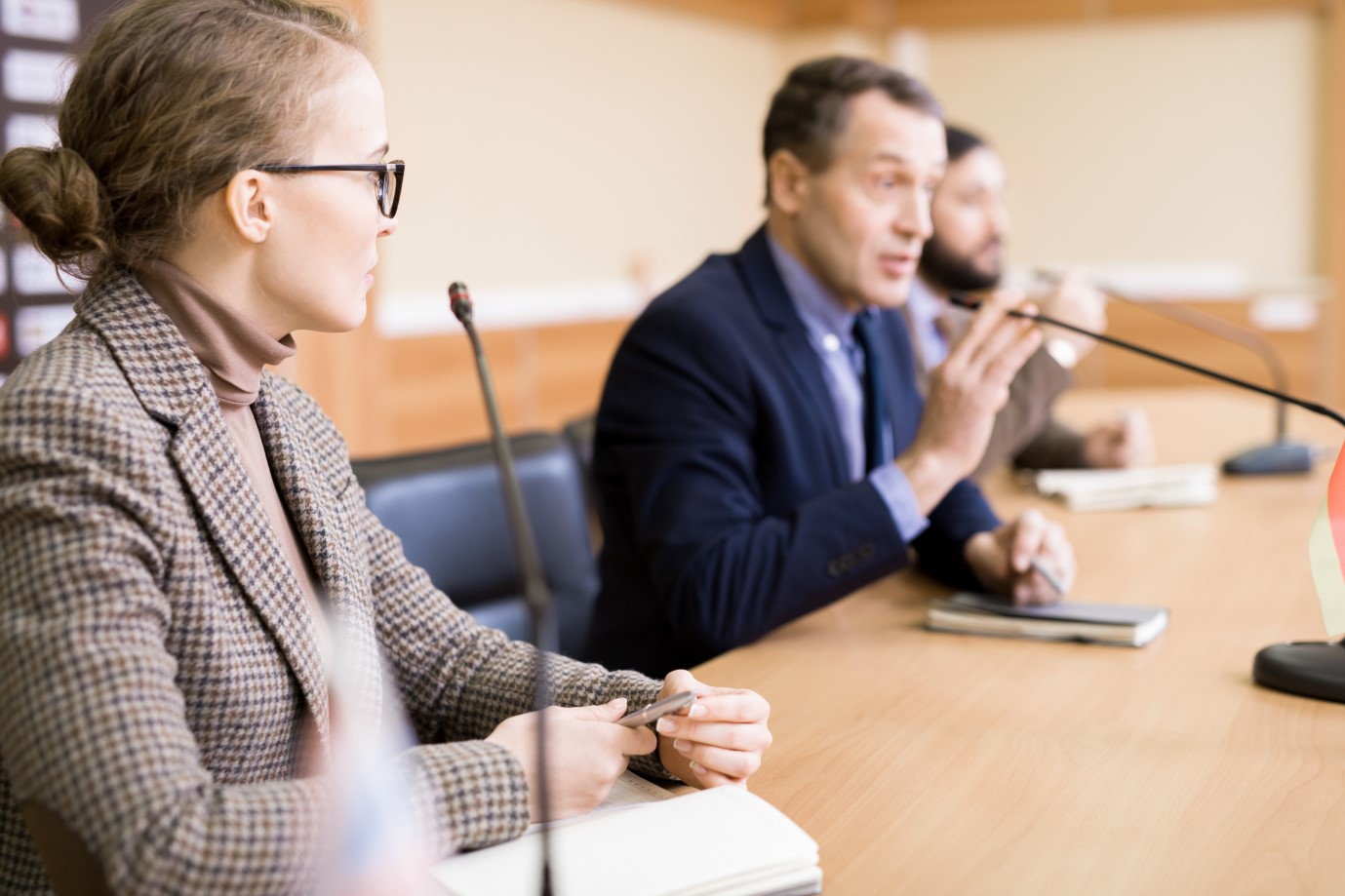Yes. Virginia’s “dead man’s statute” creates an exception to the hearsay rule for statements made by persons incapable of testifying.
According to the Virginia Code:
In an action by or against a person who, from any cause, is incapable of testifying, or by or against the committee, trustee, executor, administrator, heir, or other representative of the person so incapable of testifying, no judgment or decree shall be rendered in favor of an adverse or interested party founded on his uncorroborated testimony.
In any such action, whether such adverse party testifies or not, all entries, memoranda, and declarations by the party so incapable of testifying made while he was capable, relevant to the matter in issue, may be received as evidence in all proceedings including without limitation those to which a person under a disability is a party.
The phrase “from any cause” as used in this section shall not include situations in which the party who is incapable of testifying has rendered himself unable to testify by an intentional self-inflicted injury.
Statements made by a decedent at the scene of a car accident are considered statements of a person incapable of testifying, so a defendant in a wrongful death case can testify as to things said by the decedent at the accident scene.
A defendant in a wrongful death lawsuit might want to offer statements made by the decedent if the decedent made statements at the accident scene that indicate that the decedent was partially responsible for the car accident.
In Virginia, a wrongful death claim will fail if the decedent was contributorily negligent, meaning the decedent committed negligence that proximately contributed to the accident causing the decedent’s death.
However, the testimony from the above-mentioned hypothetical defendant offered into evidence under the “dead man’s statute” must be corroborated. The Virginia Supreme Court has written that the purpose of the “dead man’s statute” is to prevent “an opportunity for the survivor to prevail by relying on his unsupported credibility, while his opponent, who alone might have contradicted him, is silenced by death.”
Writing on the amount of corroborating evidence required by the “dead man’s statute,” the Virginia Supreme Court has said:
It is not necessary that the corroborative evidence be sufficient by itself to support a verdict. “ ‘Confirmation is not necessary for that removes all doubt, while corroboration only gives more strength than was had before.’ ”
Id. at 357, 143 S.E.2d at 845 (quoting from Timberlake’s, Adm’r. v. Pugh, 158 Va. at 397, 402, 163 S.E. at 402, 404 (1932)). Corroborating evidence tends to confirm and strengthen the testimony of the witness. It tends to show the probability of its truth. It need not come from other witnesses, but may be furnished by circumstantial evidence. Finally, if the survivor’s testimony is corroborated to some degree, it is unnecessary that it receive corroboration on all material points.
Id. 206 Va. at 357, 143 S.E.2d at 845. The corroboration, to be sufficient under the statute, however, must at least tend, “in some degree, of its own strength and independently, to support some essential allegation or issue raised by the pleadings [and] testified to by the [surviving] witness … which allegation or issue, if unsupported, would be fatal to the case.”
Burton’s Ex’r. v. Manson, 142 Va. 500, 508, 129 S.E. 356, 359 (1925) (emphasis added).
Questions regarding the admissibility of a decedent’s statements and other exceptions to the hearsay rule are specific to each wrongful death case, and we encourage you to contact one of our personal injury lawyers in Virginia Beach.
We can advise the prospective client on what testimony a witness can give at trial and what testimony will be prohibited based on hearsay or some other rule of evidence.
As in all cases, experienced personal injury lawyers can also advise the prospective client on the value of the wrongful death claim, guide the prospective client through the process of filing a claim with the applicable insurance company or companies, and represent the prospective client in the litigation of the wrongful death claim if a lawsuit becomes necessary.
Related Injury Law FAQs
The application of the hearsay rule in Virginia
Wrongful death claims in Virginia
Contributory Negligence Doctrine in Virginia
Schedule a Consultation With Preston, Wilson & Crandley, PLC
At Preston, Wilson & Crandley, PLC, we are here to help navigate the complexities of post-accident procedures and legal matters. Our experienced team ensures you receive the support and compensation you deserve.
Our attorneys handle injury claims ranging from bicycle accidents, pedestrian accidents, motorcycle accidents, truck accidents, and car accidents to drunk driving accidents and wrongful death claims.
Give us a call and let our experience work for you. We have been helping the people of Virginia since 1955 and are ready to help you. Schedule a consultation to discuss your case.
If you need a Personal Injury Attorney in Virginia Beach, contact us at (757) 486-2700.
Follow us on Facebook.
# Virginia’s “dead man’s statute”

